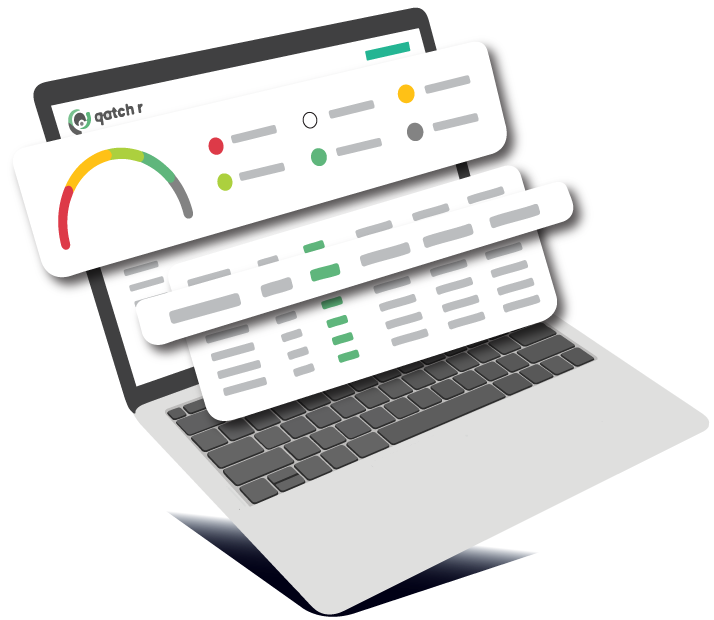
Debt register
A debt register is, in simple terms, a register of bad payers. Both companies and individuals can be registered in a debt register.
This register is used, among other things, as a reference and reference work for credit rating, so that future business partners can get an overview of the customer and the customer's financial situation.
In Denmark, there are only a handful of debt registers, but the most well-known are Experian (formerly Ribers Kreditinformation / RKI) and Debitorlisten.
Being listed in a debt register can have major consequences for both individuals and businesses.
In Denmark, around 200,000 people and companies are registered in one or more debt registers - and a total of DKK 9 billion worth of debt has been registered (figures from 2022).
What are the consequences of being listed in a debt register?
Being listed in a debt register has significant consequences for most people.
Many businesses perform thousands of credit checks every day, for example, when buying goods on credit or signing up new customers. One example could be when signing up for a phone subscription. Here, the telecom company will typically perform a credit check on the person who wants to take out a subscription.
If you are listed as a bad payer in one or more debt registers, the telecom company will typically choose not to set up the subscription or require an alternative payment method - for example, prepayment.
In addition, banks and credit institutions typically also conduct credit assessments when a customer applies for a loan.
Many companies also conduct ongoing credit checks, for example, every time a customer makes a new purchase from the company - this doesn't just apply to new customers.
Who can be registered?
In principle, all private individuals and companies that owe money can be registered in a debt register.
In Denmark, you must be at least 18 years old as a private individual to be registered in RKI.
To be registered, the individual or company must owe at least DKK 200 and must not have responded to at least three written reminders. Both parties must agree that there is a debt.
Who registers people and companies in a debt register?
In Denmark, it is typically lawyers and debt collection companies that register private individuals and companies in a debt register, often after a debt collection process.
Some companies have also subscribed to one or more debt registers and do the registration themselves.
How to get out of a debt register
In principle, the best way to get out of a debt registry is to pay off your debts.
In general, you should not contact the debt register, but instead contact the creditor who has registered you in the debt register. This could also be the creditor's debt collection company or debt collection lawyer.
Your registration in the debt register is automatically deleted after 5 years.
Try Collectia's register, Debtor List, via the credit platform Qatchr
Are you a business and want to collect credit information about your customers that can be used in your own credit rating? Then you should consider Qatchr.
Qatchr is Collectia's own credit check platform for you who want a complete overview of your customers' financial situation.
Among other things, Qatchr uses debt collection data and data about bad payers registered in the Debtor List, which you can access via the platform. In addition, Qatchr also shows public accounting data, recommendations, bankruptcy relations, development of key figures, ownership data and much more.












